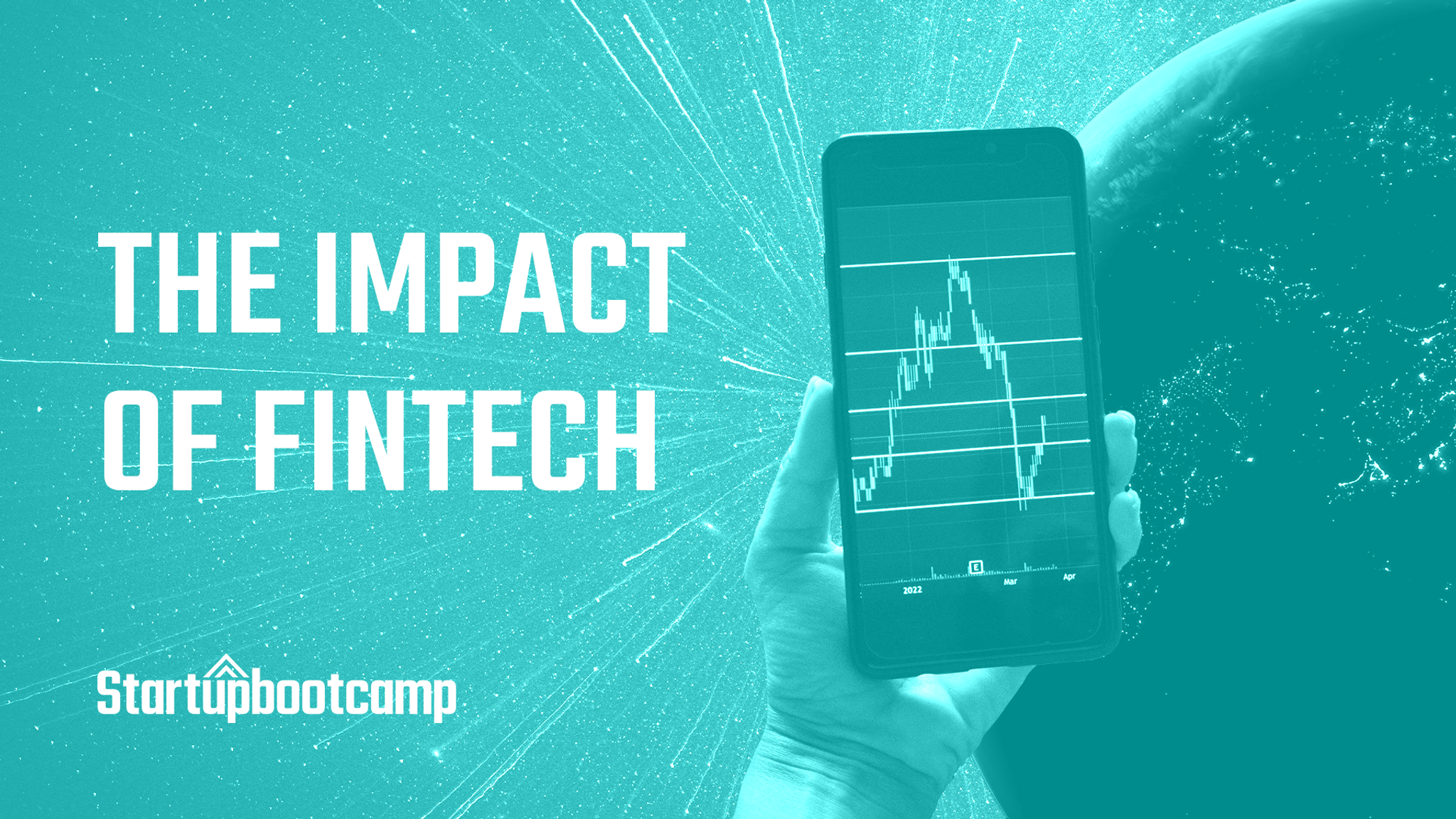The Impact of Fintech: Pros and Cons
Myah Leavenworth
Kayla Dreuth
Published on
Within the past year, the line between financial services and fintech has blurred as these two sectors increasingly intersect.
For instance, managing finances online has become increasingly easier through mobile banking, online transactions, and robo-advisors.
We are in an age of digital transformation, where in the coming years, we may not use some of the traditional companies or resources we currently have available.
Compared the traditional way, fintech is quick and easy. Many fintech platforms offer detailed bank data analytics, which allows banks to gain valuable customer insights, increase efficiency, and monitor transactions more effectively than they could before.
We are seeing an increase in fintech startups, booming in both Melbourne and Sydney, Australia too.
“Australia’s fintech sector has continued to mature rapidly throughout the pandemic, with record investor capital raised and an increasing number of startups moving to post-profit,” says EY and Fintech Australia.
With Australia's fintech sector evolving at such a remarkable pace and new fintech startups coming out almost daily, it's crucial to understand what’s pushing this transformation forward.
Fintech is making an impact through the new technologies that are reshaping the landscape—think open banking, embedded finance, artificial intelligence, machine learning, and alternative lending. Let’s take a deeper dive:
- Open Banking: creating a connection between technology companies, financial institutions, and their customers by allowing third-party services to access financial data. These services are helping customers solve solutions with budgeting apps, investment platforms, and even receive loans.
- Embedded Finance: involves incorporating financial services into non-financial platforms such as online showing or purchasing items through mobile apps. Embedded Finance is incorporated into many aspects of the financial industry and is continuing to grow exponentially.
- Artificial Intelligence and Machine Learning: are the two main engines behind the data-driven financial transformation. By using AI (chat to customers) and ML (interact with customers), fintech startups are using these to automate tasks such as managing client data, detecting human errors, preventing fraud, recommending new strategies, and much more. With this technology, companies are operating more efficiently and cutting down on costs. AI and ML are chatting to customers if they have any issues or questions, which in return, is increasing customer satisfaction.
- Alternative Lending: are lending models that are different from borrowing money from a bank, which are providing access to different credit. The most common forms of alternative lending would be peer to peer lending, crowdfunding, or online lending marketplaces. This trend is rapidly growing due to the fact there is an increasing demand for fast and accessible credit.
These technologies are adapting quickly into our society and making it easier to invest, receive loans, or make purchases.
But, it is essential to create a balance between the opportunities and connivence fintech can offer while also being aware of the potential risks. For instance, when you’re sharing your data and personal information, there is a chance you could lose privacy, risk fraud, and experience discrimination from the use of data analytics.
It’s important to remember that, at the end of the day, it’s up to you on how you want to manage and invest your money.
A well-informed approach can help you make the most of these technology advancements while also keeping your financial well-being safe.
The fintech industry is not going anywhere and will only continue to rapidly expand. According to SPER market research, the Australia Fintech Market is predicted to reach “USD $33.99 billion by 2033 with a CAGR of 28.5%”
So as time goes on, we must continue to adapt and stay up to date with current changes in fintech in order to empower ourselves and to contribute to the advancements in the fintech industry.
Here at Startupbootcamp, our Fintech 2023 Accelerator Program is about to begin.
If you’d like to be a mentor and share your fintech experience, learn more here.
If you’re interested in contributing to both innovation and sustainability, check out our Sustainable Fintech Fund here.
Stay up to date with us here.
Article Sources: SquadStack and FortySeven.


